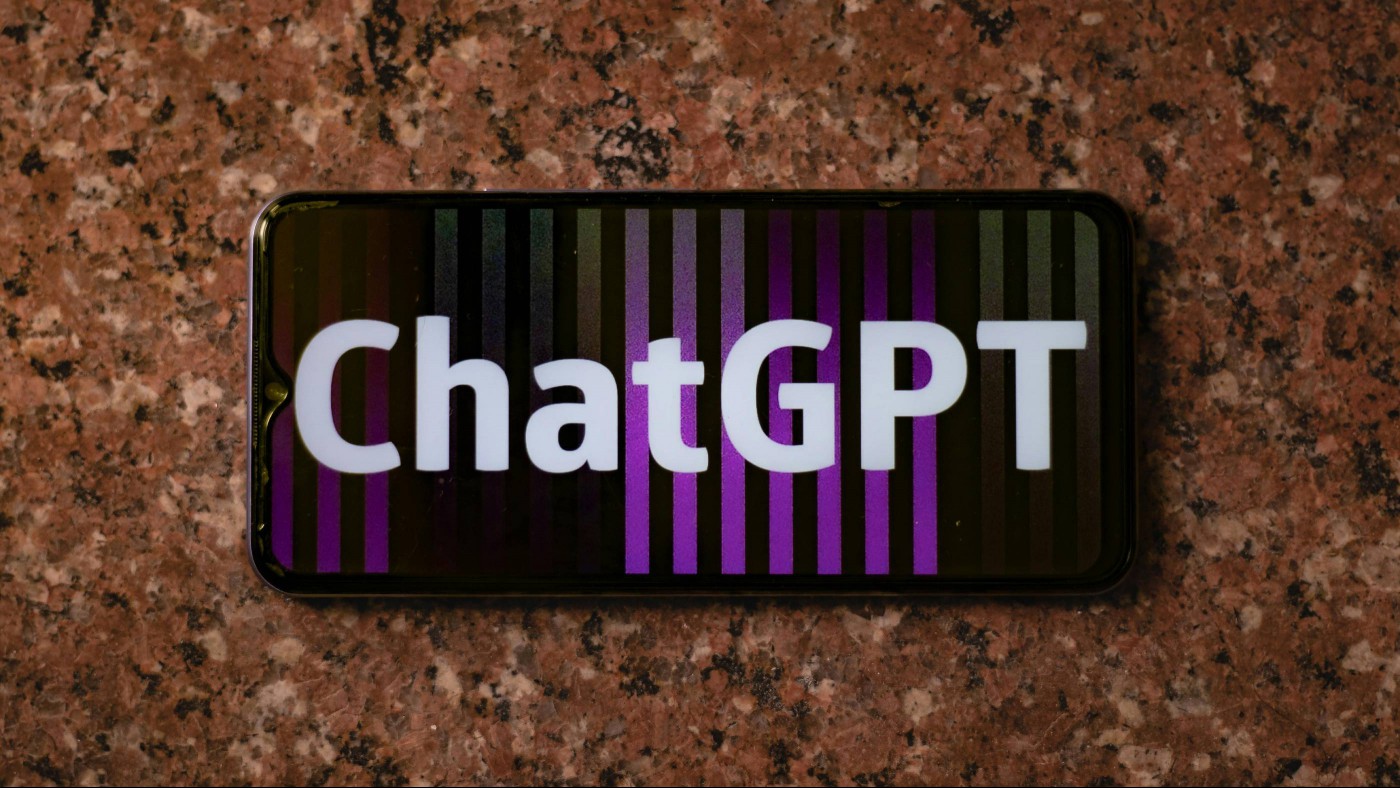RECOMMENDED NEWS

OpenAI CEO reveals what it is about AI that keeps him awake at night
The man leading one of the most prominent and most powerful AI companies on the planet has just reve...
Read More →
AI could soon speak dog and cat
Imagine what it would be like to know exactly what your dog was saying when it barked, or your cat w...
Read More →
I compared Opera Mini’s AI chatbot with ChatGPT and Gemini, and I’m impressed
Opera Mini is a mobile browser with a decadeslong legacy that predates the launch of even mobile pla...
Read More →
Windows 11 is getting a lot of new features, here’s how to check if your PC qualifies
In a Windows Insider blog post, Microsoft announces some exciting new features coming to Windows 11,...
Read More →
OpenAI halts free GPT-4o image generation after Studio Ghibli viral trend
After only one day, OpenAI has put a halt on the free version of its in-app image generator, powered...
Read More →
Razer’s AI push fights for a first-row seat to the future of game development
Unless you’ve been living under a rock, you’re well aware that AI has been worming its way into ...
Read More →
Microsoft’s Bing adds a Copolit Search mode to rival Google AI Search
Barely a few weeks ago, Google introduced a new AI Search mode. The idea is to provide answers as a ...
Read More →
OpenAI cracks down on ChatGPT scammers
OpenAI has made it clear that its flagship AI service, ChatGPT is not intended for malicious use.The...
Read More →
OpenAI launches GPT-4.5 AI model with deeper knowledge and emotions
OpenAI has just introduced its latest AI model, dubbed GPT-4.5, which the company claims is its larg...
Read More →
Comments on "OpenAI cracks down on ChatGPT scammers" :